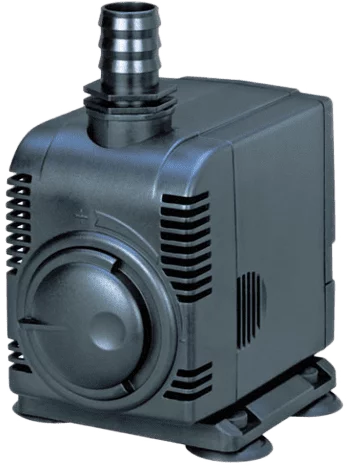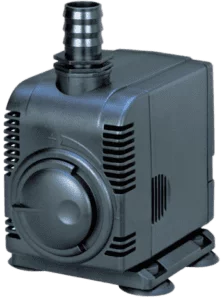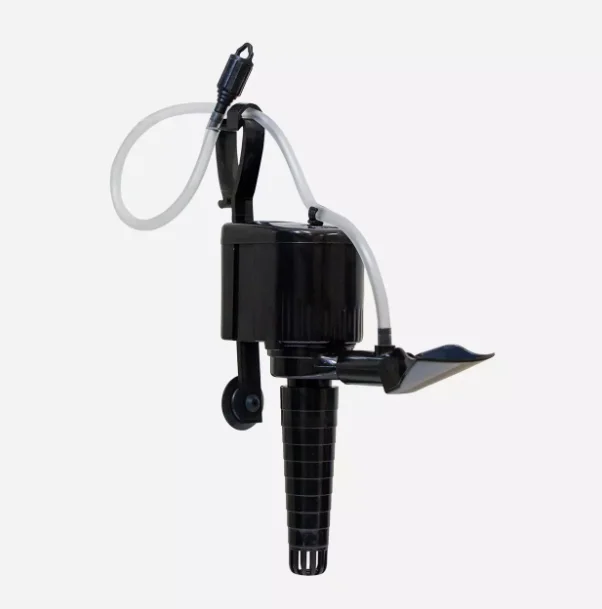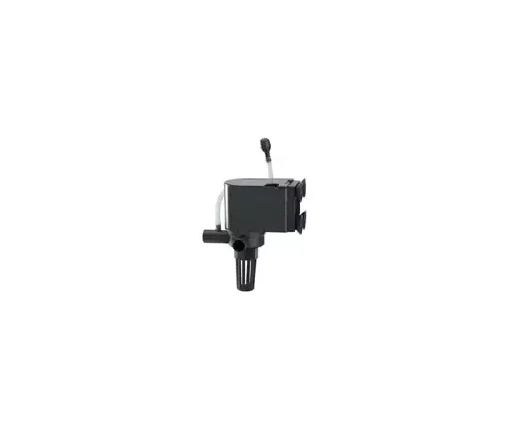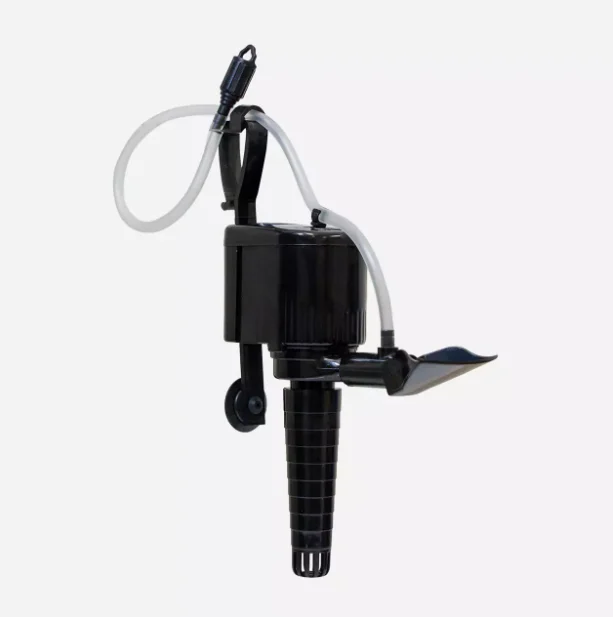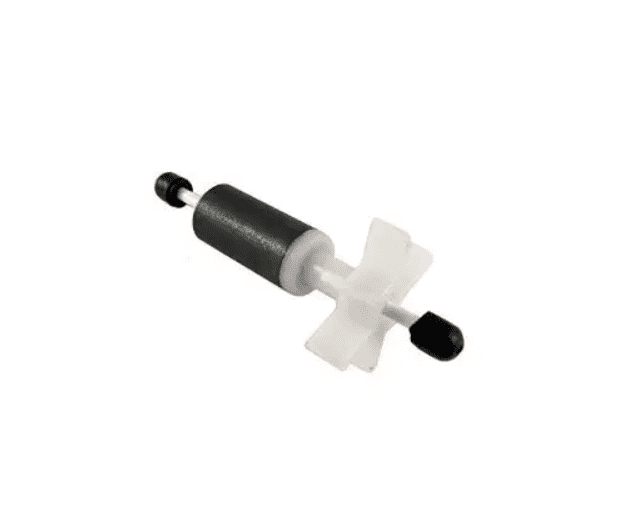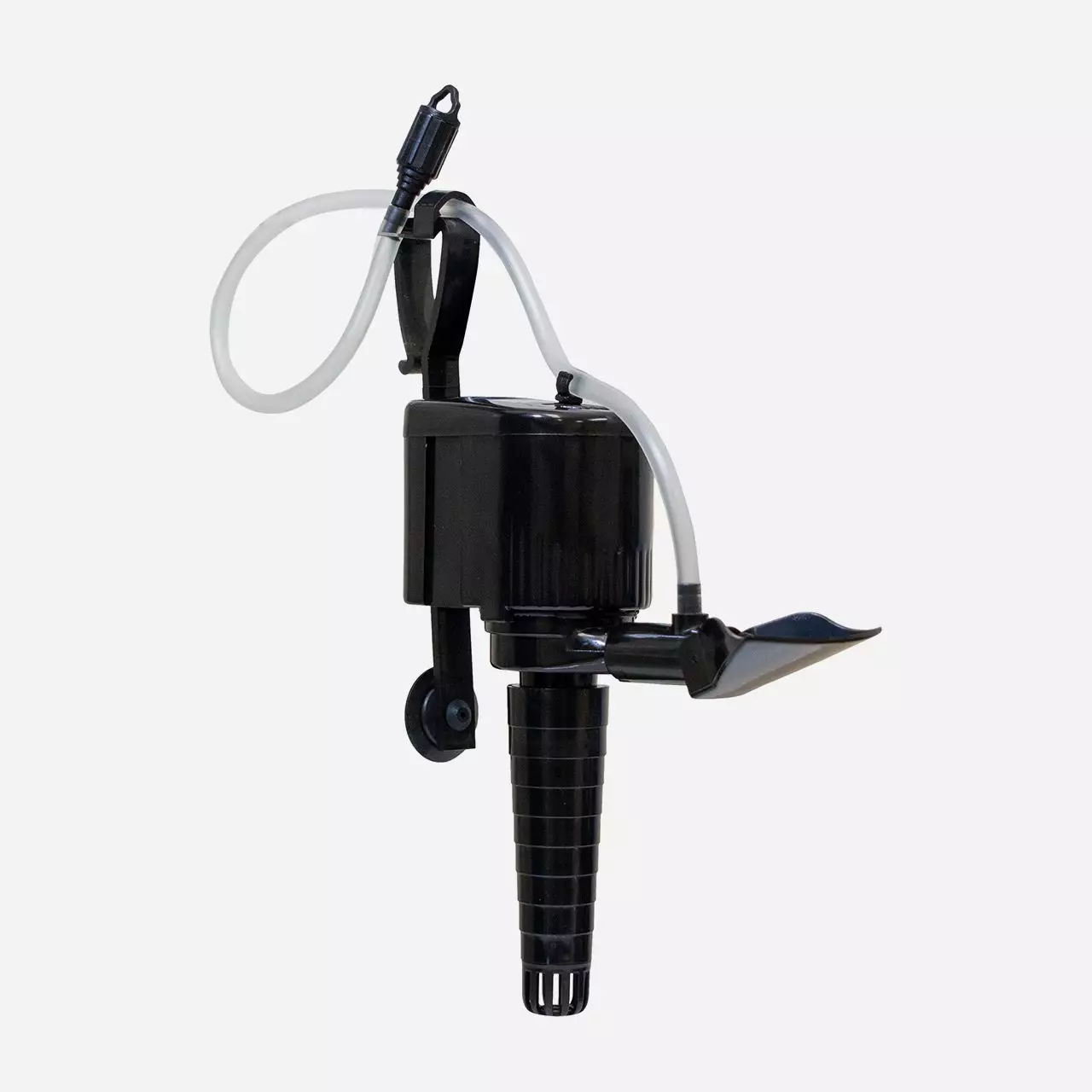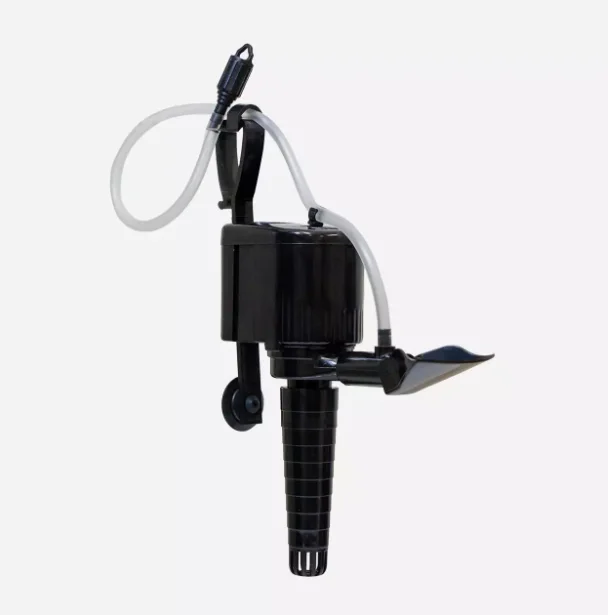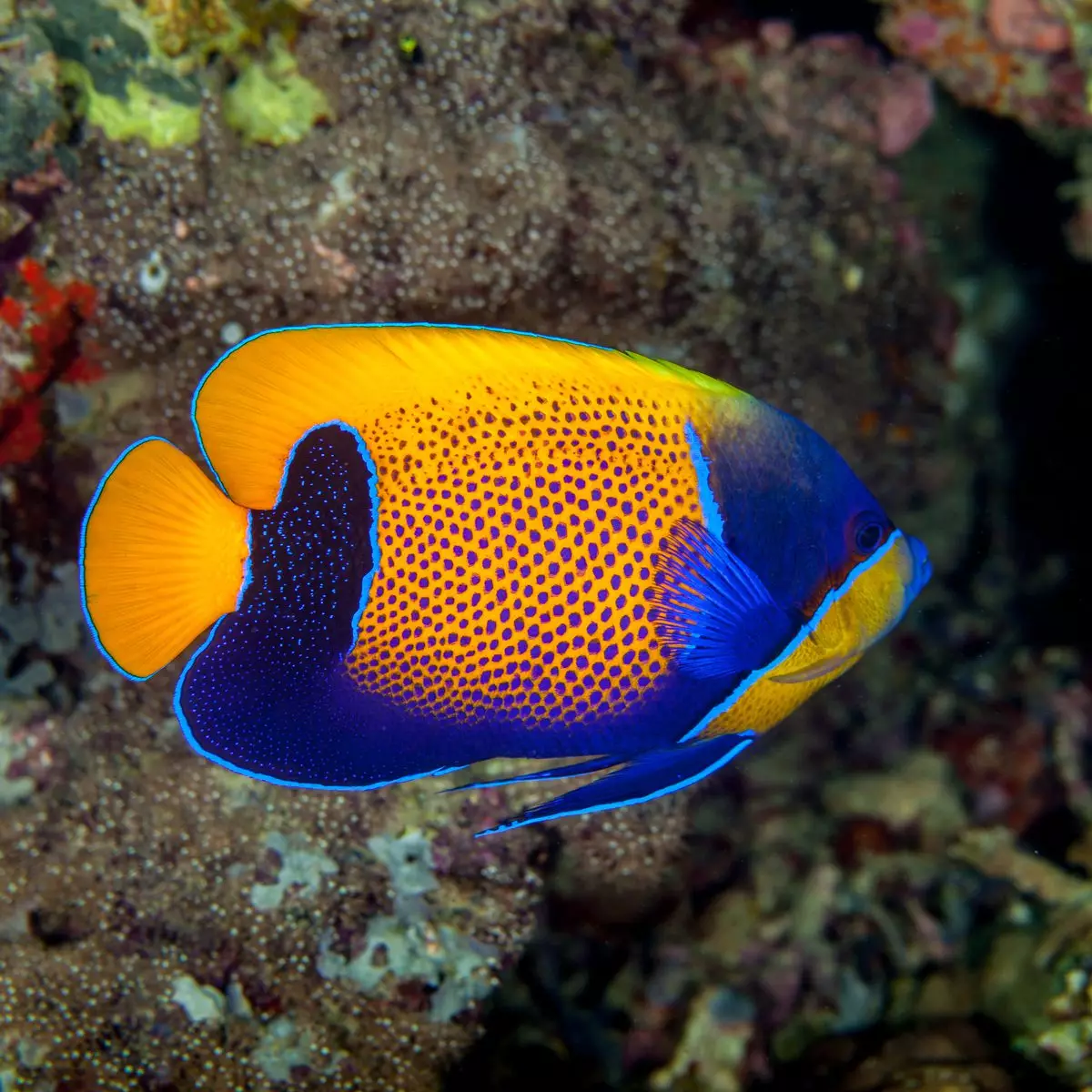Accela Submersible Pump (396gph)
$40.00
in stock
UPC: 810067700528
Accela Submersible Return Pump is perfect for use in the return system of your aquarium and helps to circulate water in saltwater or freshwater aquariums.
- Description
- Additional Information
- Reviews
Accela Submersible Pump (396gph)
Accela Submersible Pump (396gph) motors are epoxy-sealed and designed for consistent power with low energy draw. All kits include suction cup feet for secure mounting and barb fittings for hoses 1/2 to 3/4.
The Accela Submersible Return Pump is a high-performance water pump designed for use in aquariums and other water features. It is fully submersible, meaning it can be placed in the water and run without the need for additional equipment. The pump is capable of pumping large volumes of water, making it suitable for use in aquariums and other water features of varying sizes.
The Accela Submersible Return Pump is designed to be energy efficient and powerful. It features a high-quality motor making it a great option for use in large aquariums and water features. It also features a low-wattage design that reduces energy consumption, making it a cost-effective option for long-term use.
The pump is built with a compact and durable design, making it easy to install and use.
In summary, the Accela Submersible Return Pump is a powerful and energy-efficient water pump that is designed for use in aquariums and other water features. Its high flow rate and low-wattage design make it a reliable and cost-effective option for maintaining the water flow in your aquarium or water feature.
Return Pump Information
Return pumps are crucial to create the perfect aquarium. A properly sized return pump will help to make a happy and healthy ecosystem. A return pump can be crucial for keeping your aquarium clean and healthy. Apart from delivering clean water back into the tank to it, the return pumps supply access to water for other apparatus such as chillers, reactors UV sterilizers, and many more. Flow is an essential aspect of a productive reef tank. Corals in nature constantly are experiencing the flow. The flow of water provides corals with the nutrients and nutrition they require and eliminates the waste that they produce. The same principle applies in aquariums where corals greatly depend on the movement of water that is created in a system. A high turnover rate is vital as it enhances gas exchange which brings oxygen into the tank and eliminates carbon dioxide. The higher rate of turnover enhances the performance of the protein skimmer as well as other equipment for filtration.LINKS:
by price
$25-$49
Weight
1 lbs
Dimensions
4 × 3.6 × 5.5 in

